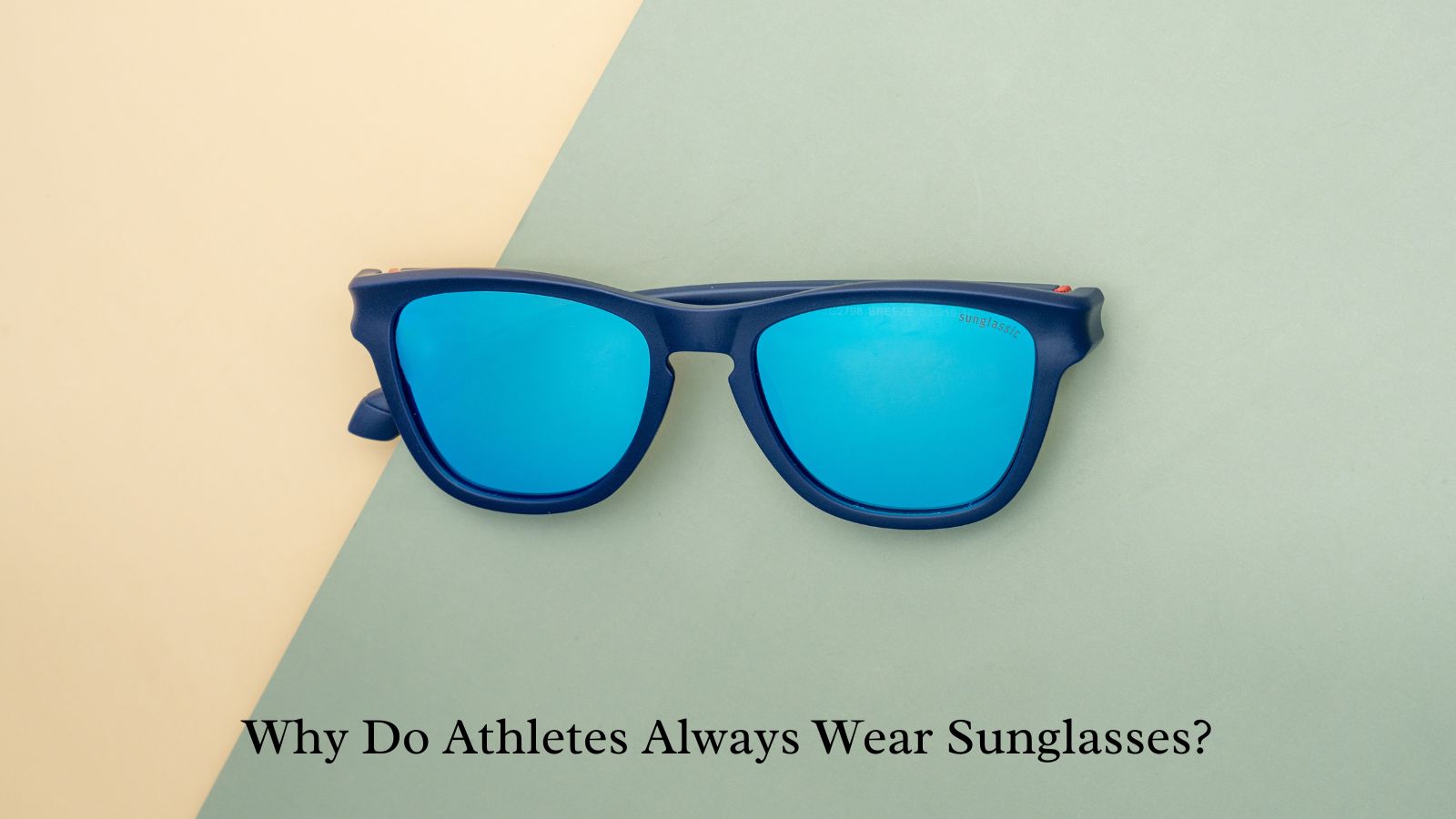
Why Do Athletes Always Wear Sunglasses?
In the world of sports, athletes are known for their exceptional skills and intense training, but there's another accessory that's become almost as iconic as their uniforms: sunglasses. Whether on the track, field, or court, athletes from various disciplines are often seen sporting shades. But why is this? What makes sunglasses such an essential part of an athlete's gear? In this blog, we’ll delve into the reasons behind this trend and explore the benefits that sunglasses offer to athletes.
The Science Behind Sunglasses and Performance
Sunglasses do more than just enhance an athlete’s style; they play a crucial role in improving performance. Here’s how:
1. Protection Against UV Rays
The primary function of sunglasses is to protect the eyes from harmful ultraviolet (UV) rays. Prolonged exposure to UV rays can cause serious eye damage, including cataracts and macular degeneration. For athletes who spend extended periods outdoors, such as runners, cyclists, and tennis players, UV protection is essential. High-quality sunglasses with UV protection help shield their eyes from the sun's harmful rays, reducing the risk of long-term damage and ensuring clear vision during performance.
2. Reducing Glare
Glare from the sun can be a significant distraction and hinder performance. Athletes often face the sun directly, especially in sports like golf, skiing, and sailing. Polarized sunglasses are designed to reduce glare by filtering out horizontal light waves. This makes it easier for athletes to focus on their game or activity without being blinded by reflections from surfaces like water, snow, or asphalt.
3. Enhancing Visual Clarity
In addition to reducing glare, sunglasses can enhance visual clarity. Certain lens tints and coatings are designed to improve contrast and color perception, which is particularly beneficial in sports that require precise visual acuity. For example, yellow or orange lenses can enhance contrast in low-light conditions, while brown or gray lenses are effective in bright sunlight. This visual enhancement allows athletes to better track objects, such as a ball or a puck, and make quicker decisions.
The Psychological Edge
Sunglasses also provide a psychological advantage, which can be just as important as the physical benefits. Here’s how:
1. Boosting Confidence
Wearing sunglasses can give athletes a confidence boost. The sleek and stylish look of sunglasses often helps athletes feel more self-assured and ready to take on challenges. This confidence can translate into better performance and a more positive mindset during competitions.
2. Creating a Focused Image
Sunglasses can also help athletes maintain a focused image. In high-stakes games or races, athletes need to concentrate intensely on their performance. Sunglasses provide a barrier that helps athletes keep their eyes on the prize without being distracted by external factors, such as bright lights or spectators.
Practical Considerations for Athletes
When choosing sunglasses for athletic purposes, there are several practical factors to consider:
1. Fit and Comfort
Athletes need sunglasses that fit securely and comfortably. Sunglasses that slide down or cause discomfort can be distracting and hinder performance. Look for sunglasses with adjustable nose pads and temple tips to ensure a snug fit that stays in place during vigorous activity.
2. Durability
Athletic sunglasses need to withstand the rigors of sports. They should be made from durable materials that can handle impacts and rough conditions. Sports-specific sunglasses often feature reinforced frames and shatterproof lenses to ensure they can endure the demands of active lifestyles.
3. Lens Technology
The lens technology in athletic sunglasses can greatly affect performance. Look for sunglasses with interchangeable lenses, so athletes can adapt to different lighting conditions. Also, consider lenses with anti-scratch and anti-fog coatings to maintain clear vision in various environments.
The Role of Sunglasses in Different Sports
Different sports have unique demands, and athletes often choose sunglasses that cater to their specific needs. Here’s a look at how sunglasses benefit athletes in various sports:
1. Cycling
Cyclists face a range of environmental factors, including wind, dust, and UV rays. Sunglasses with wraparound designs offer excellent coverage and protection. Polarized lenses help reduce glare from the road and improve visibility, while impact-resistant lenses ensure safety in case of accidents.
2. Running
Runners often encounter bright sunlight, especially during early morning or late afternoon runs. Lightweight, breathable sunglasses with UV protection and a secure fit are essential for maintaining comfort and focus. Anti-fog lenses are also beneficial for preventing fogging during intense workouts.
3. Golf
Golfers need to track a small ball over long distances and deal with varying light conditions. Sunglasses with specialized tints, such as amber or green, enhance contrast and depth perception, helping golfers judge distances more accurately and read the terrain better.
4. Tennis
Tennis players frequently face high-speed serves and volleys, requiring quick reflexes and sharp vision. Sunglasses with high-contrast lenses can improve visibility and help players react faster to the ball. A snug, comfortable fit is also crucial to prevent distractions during fast-paced rallies.
5. Skiing and Snowboarding
Skiers and snowboarders need sunglasses that protect against both UV rays and glare from the snow. Goggles with interchangeable lenses are commonly used for their versatility in different light conditions. Anti-fog and impact-resistant features are also important for maintaining clear vision and safety on the slopes.
Choosing the Right Sunglasses
When selecting sunglasses for athletic activities, consider the following tips:
1. Determine Your Needs
Identify the specific needs of your sport, such as UV protection, glare reduction, or visual enhancement. Choose sunglasses that offer the features and lens technologies that align with those needs.
2. Try Before You Buy
Whenever possible, try on sunglasses before purchasing to ensure a proper fit and comfort. Pay attention to how they feel during movement and check for any potential distractions.
3. Invest in Quality
Investing in high-quality sunglasses can make a significant difference in both performance and eye protection. Look for reputable brands that offer specialized sports eyewear designed to withstand the demands of athletic activities.
Conclusion
Sunglasses are more than just a fashion accessory for athletes; they are a crucial part of their gear that enhances performance, protects their eyes, and provides a psychological edge. From protecting against UV rays and reducing glare to boosting confidence and maintaining focus, sunglasses offer numerous benefits that contribute to an athlete’s success. By choosing the right sunglasses for their sport and ensuring a proper fit, athletes can enjoy clear vision, improved performance, and greater comfort during their activities.
If you're an athlete or simply someone who enjoys outdoor activities, investing in a pair of high-quality sunglasses can make a world of difference. Explore our collection at Sunglassic.com to find the perfect pair that suits your needs and style. Stay protected, perform at your best, and look great while doing it!
SHOP BY SHAPE
WORN BY OVER 200.000 PEOPLE WORLDWIDE



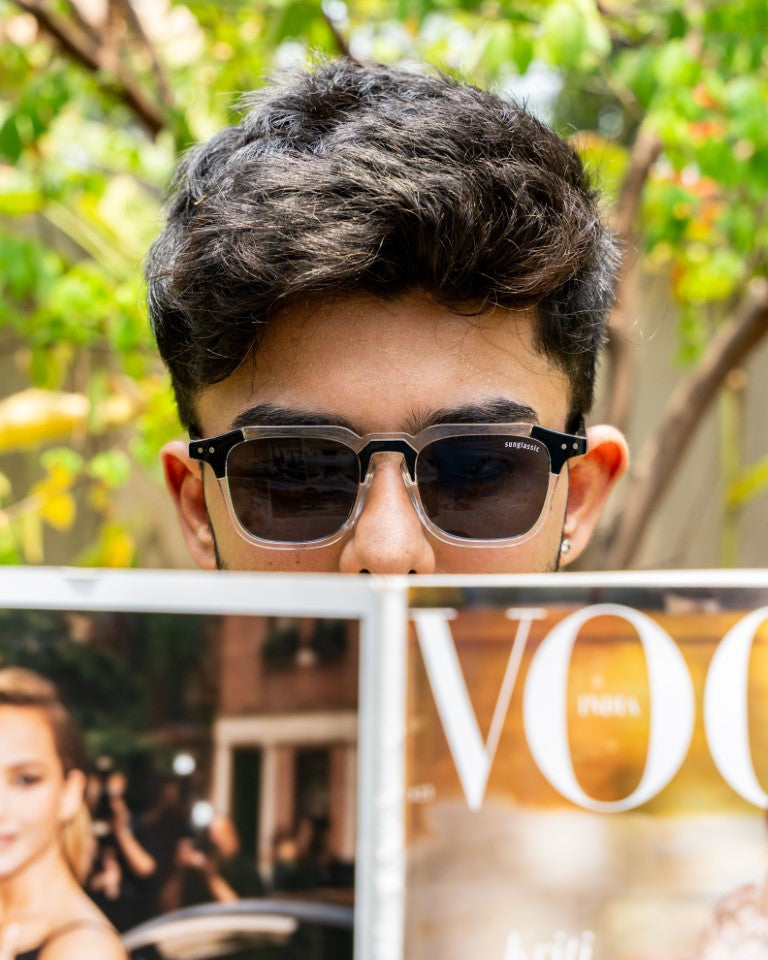

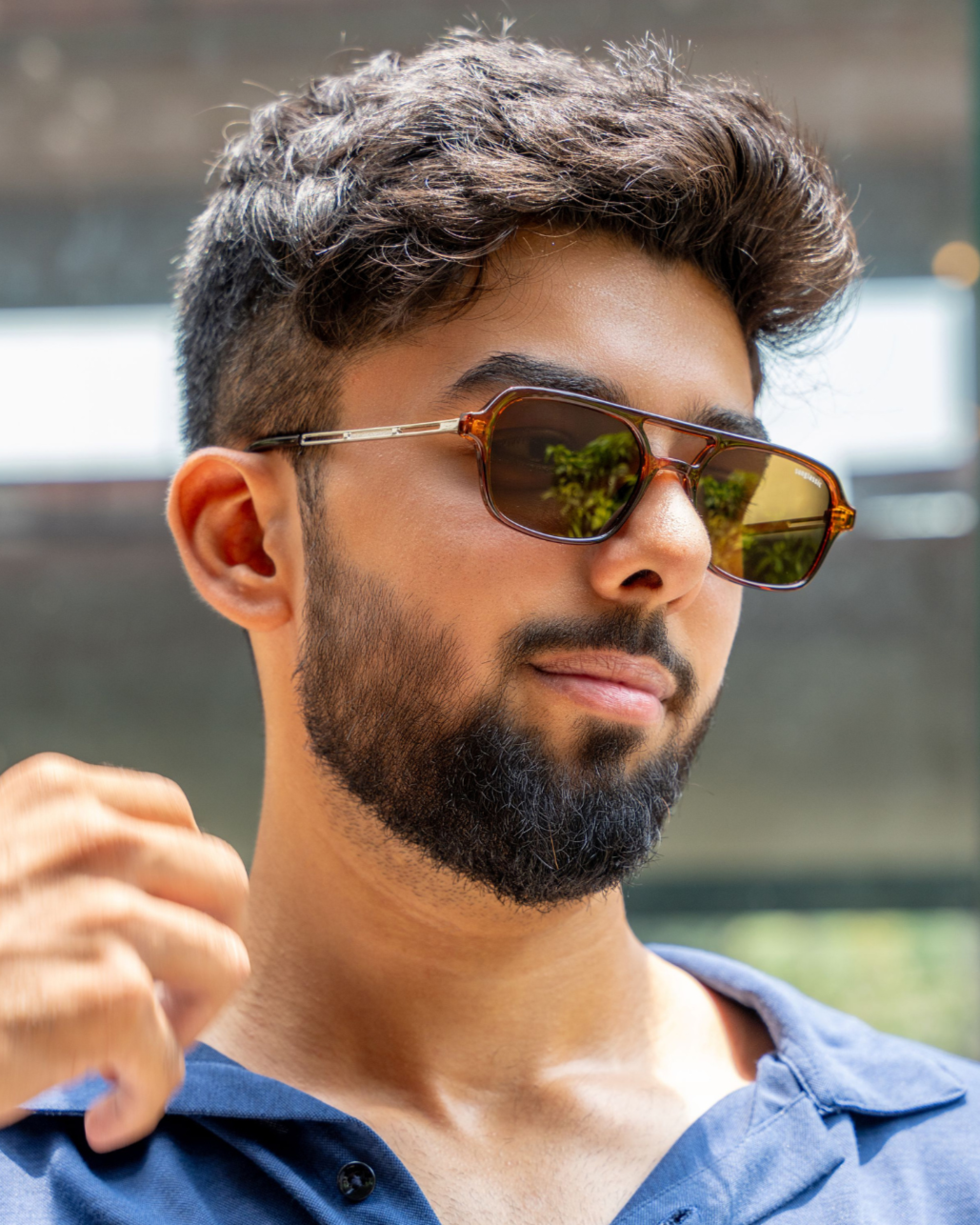
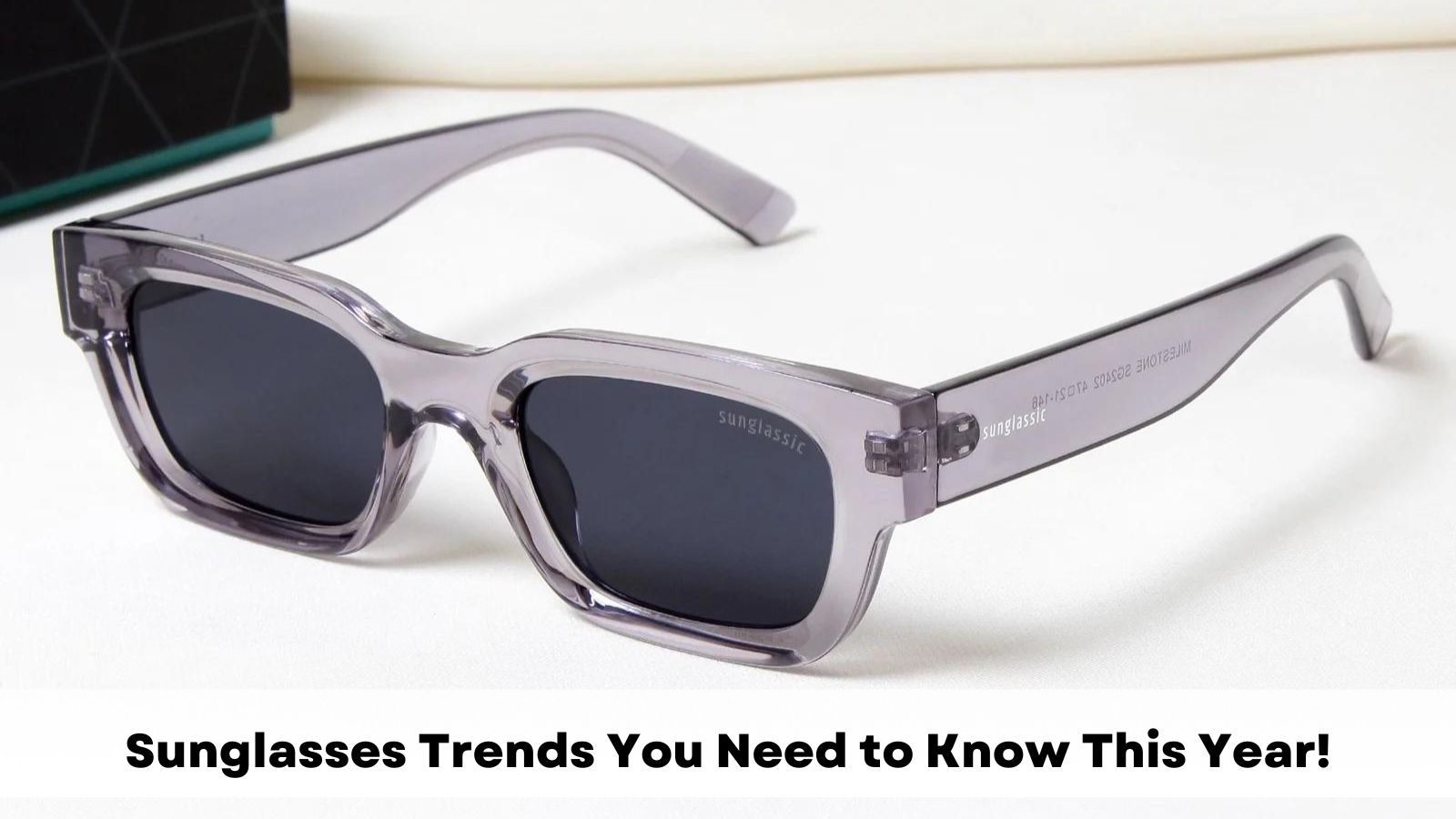
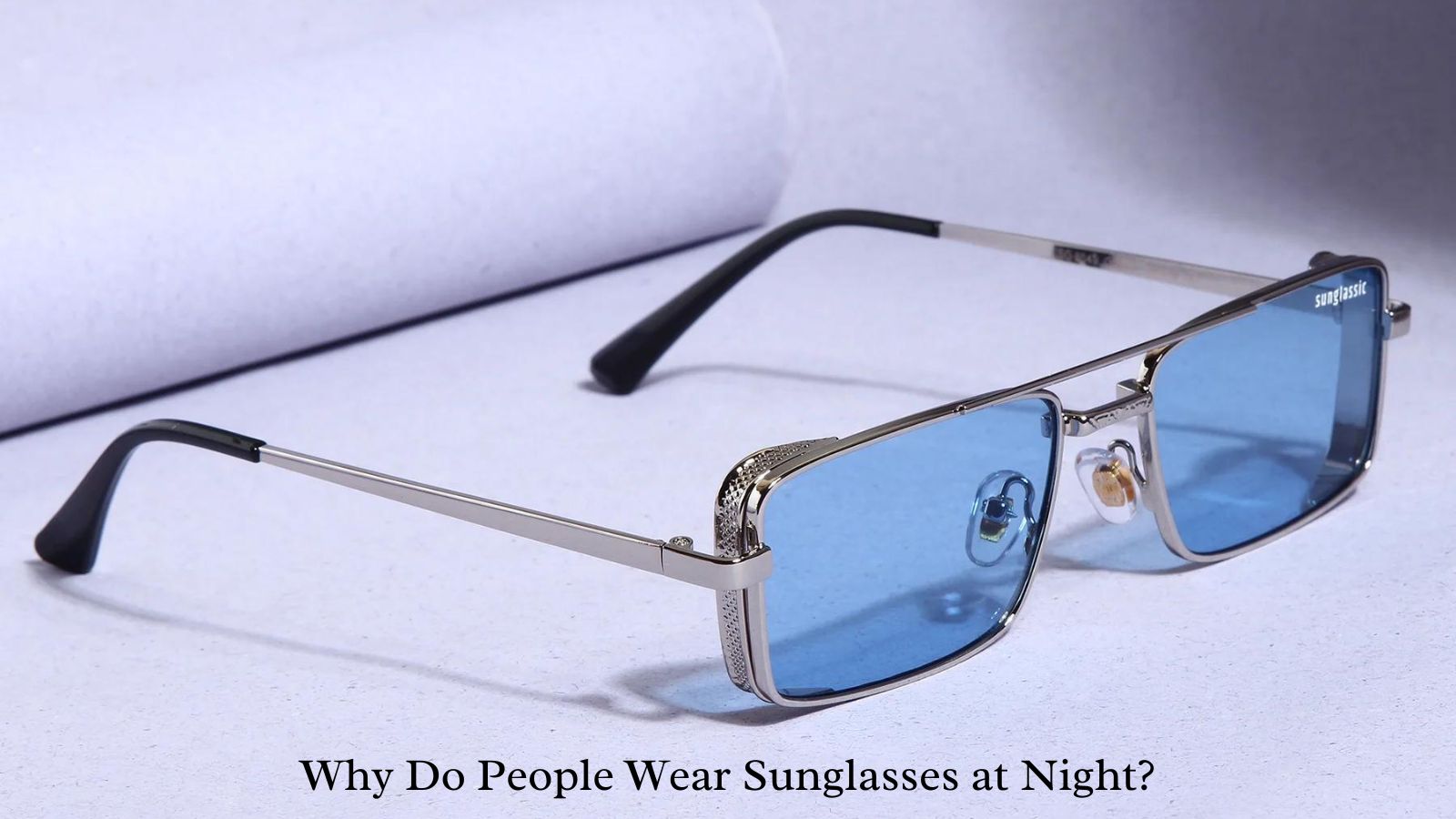
Leave a comment
This site is protected by hCaptcha and the hCaptcha Privacy Policy and Terms of Service apply.